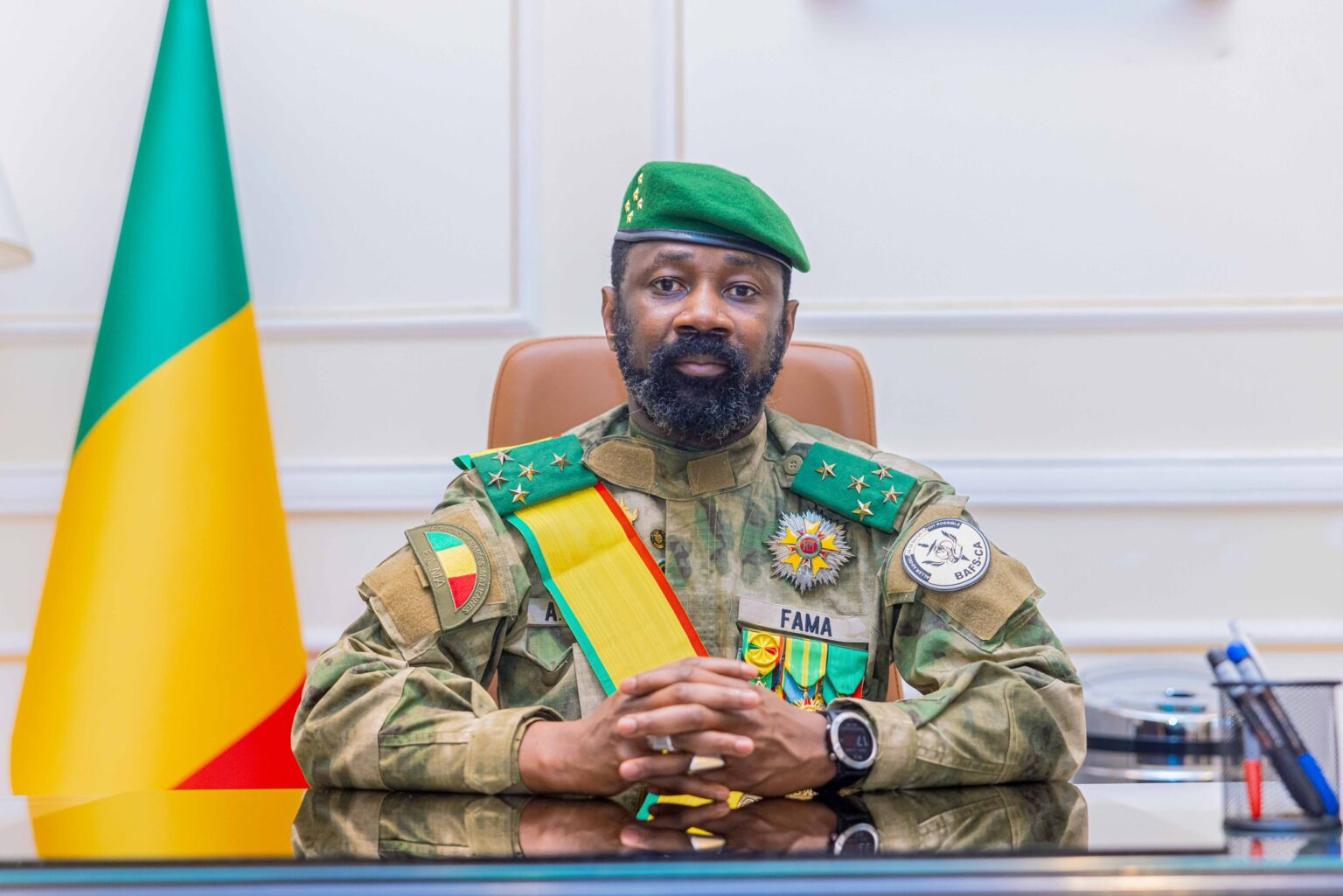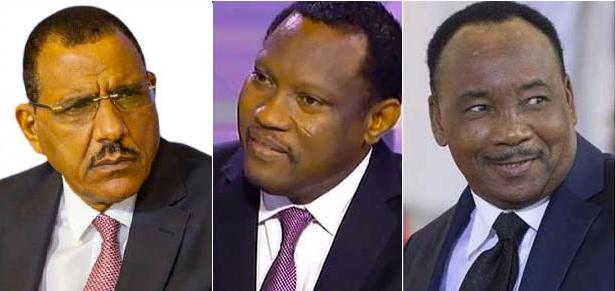Déby Itno to run again in Chad’s April elections
Published on 2016 February 16, Tuesday Back to articles
General Idriss Déby Itno is a Chadian politician who has been the President of Chad since 1990.
Chad’s Independent National Electoral Commission (CENI) announced on 23 January that the first round of the presidential election will be held on 10 April, with a possible second round scheduled for 9 May. Nominations opened on 10 February, with a deadline of 29 February. Sahara Focus profiles some of the candidates opposing the incumbent president, at a time of security and economic crises.
President Idriss Déby Itno – who is a close ally of France and has been in power since overthrowing the dictator Hissène Habré in 1990 – is running for a fifth term, and the Patriotic Salvation Movement (MPS) has already registered his candidacy. He has said he will reinstate term-limits – which he abolished in 2004 so that he could run for a third term – if he is re-elected.
Two opposition candidates, Kassire Coumakoye and Malloum Yobodé, have also announced their intention to run.
Saleh Kebzabo, who is the president of the opposition National Union for Democracy and Renewal (UNDR) and an MP, could provide staunch opposition if he stands, but Déby’s main opposition is likely to come from his longstanding opponent, Ngarléjy Yorongar.
The latter is the executive federal coordinator of the Fédération, action pour la République (FAR, or Federation, Action for the Republic), a radical opposition party. He is also an MP in the National Assembly and president of the Federation Parliamentary Group. In a free and fair election, which is unlikely, Yorongar might expect a substantial share of the popular vote.
Chad is currently facing two major crises. One is the security problem created by Boko Haram’s increasing incursions into the country. The other is the economic crisis caused by the drastic fall in oil revenue.
Chad began producing oil in 2003. Before the oil price began to slide in 2014, oil profits made up approximately 75% of state revenues. The government is currently having difficulty paying even civil servants’ salaries.
The country is also facing outbreaks of civil unrest on several fronts, mostly from youth who have been protesting about educational cutbacks and restructuring. In what was perhaps a gesture to the upcoming election, Déby on 8 February ordered the release of 20 students who had been held in detention for their part in the latest demonstration outside the Education Ministry.
Déby is also talking about moving Chad towards a federal state, something that Yorongar has been advocating for the last 20 years. Déby’s problem is that he has no credibility. In 2001, he told Chad that he would stay until the end of his constitutionally determined second term. Yet 15 years later, he is still in office, while his critics accuse him of being a repressive ruler who has ensured that election polls are neither free nor fair. In the meantime, allegations of corruption have been widespread.



